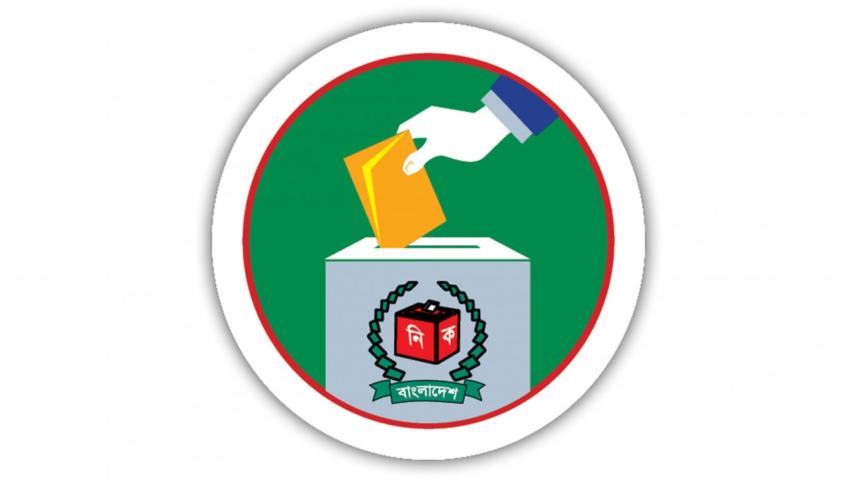Public trust vital for acceptability of any EC law

It was surprising to learn that the cabinet, on January 17, 2022, approved a draft law to form the Election Commission (EC), following a 50-year-old constitutional obligation. While we have yet to get access to the draft of the "Chief Election Commissioner and Election Commissioner Appointment Act, 2022," what is evident from media reports is that it provides a framework for forming the commission through a search committee, in essence extending legal coverage to the practice of constituting ECs through such committees. But apart from some general criteria for the selection of appointees to the said committee or the EC, our knowledge in this regard is limited to the briefing of the cabinet secretary. What added to the confusion is the way the approval has been rushed—without prior engagements with the political parties, civil society and the citizens.
According to media reports, the draft provides for a six-member search committee, headed by a judge of the Supreme Court's Appellate Division, which will propose names for the EC to the president, who will finalise the appointments. Among the members, there will be a High Court Division judge, the comptroller and auditor general, the chairman of Bangladesh Public Service Commission, and two other persons nominated by the president. From what we have learnt so far, this seems more of a law to form a search committee or the EC, while wider concerns about their function, credibility and accountability are not addressed, which a law of this nature should. Even if we keep our discussion limited to the search committee, experts have expressed concerns about whether there will be a female representative in the committee, its working procedure, the eligibility criteria for citizen representatives, etc. What about the representation of civil society and political parties, the most important stakeholders in any election? Will the committee disclose the names to be proposed? Will those names be sent to parliament for discussion?
These questions are important, because if we are going to see more of the same kind of search committees through which the past two highly controversial ECs were constituted, it will serve no purpose beyond being a cosmetic exercise. Article 118 (1) of the constitution categorically says, "The appointment of the chief election commissioner and other election commissioners shall, subject to the provisions of any law made in that behalf, be made by the President." We need a law that fulfils both the letter and the spirit of our constitution. If the purpose of this constitutional exercise is to hold elections through a fair process and with the consensus of all involved, this draft law and the manner in which it came about raises more questions than answers.
We, therefore, urge the government to immediately make the draft public and finalise it based on the reviews of all stakeholders. For example, as some experts have suggested, the law should incorporate an assurance provision to ensure the qualifications, skills, experience, neutrality and acceptability of the chief election commissioner and other commissioners, as well as their determination to uphold an objective stance. We are told that if the proposed law is not passed in the ongoing session of parliament, the president may promulgate an ordinance to turn it into an act for its quick enforcement. We, however, advise circumspection in how we go about it. We also need to remember that no law will be sufficient if the powers that be are not sincere about holding a fair and credible election.



 For all latest news, follow The Daily Star's Google News channel.
For all latest news, follow The Daily Star's Google News channel.
Comments